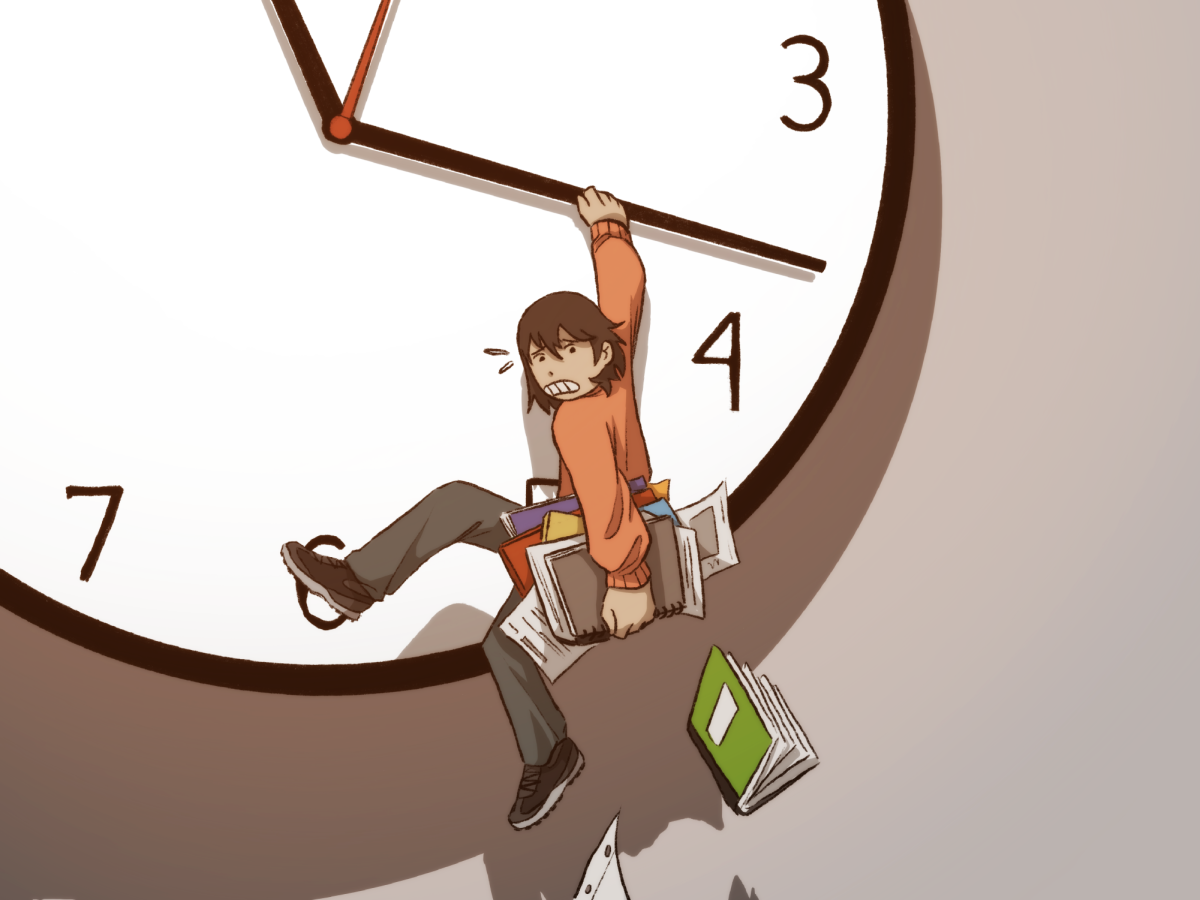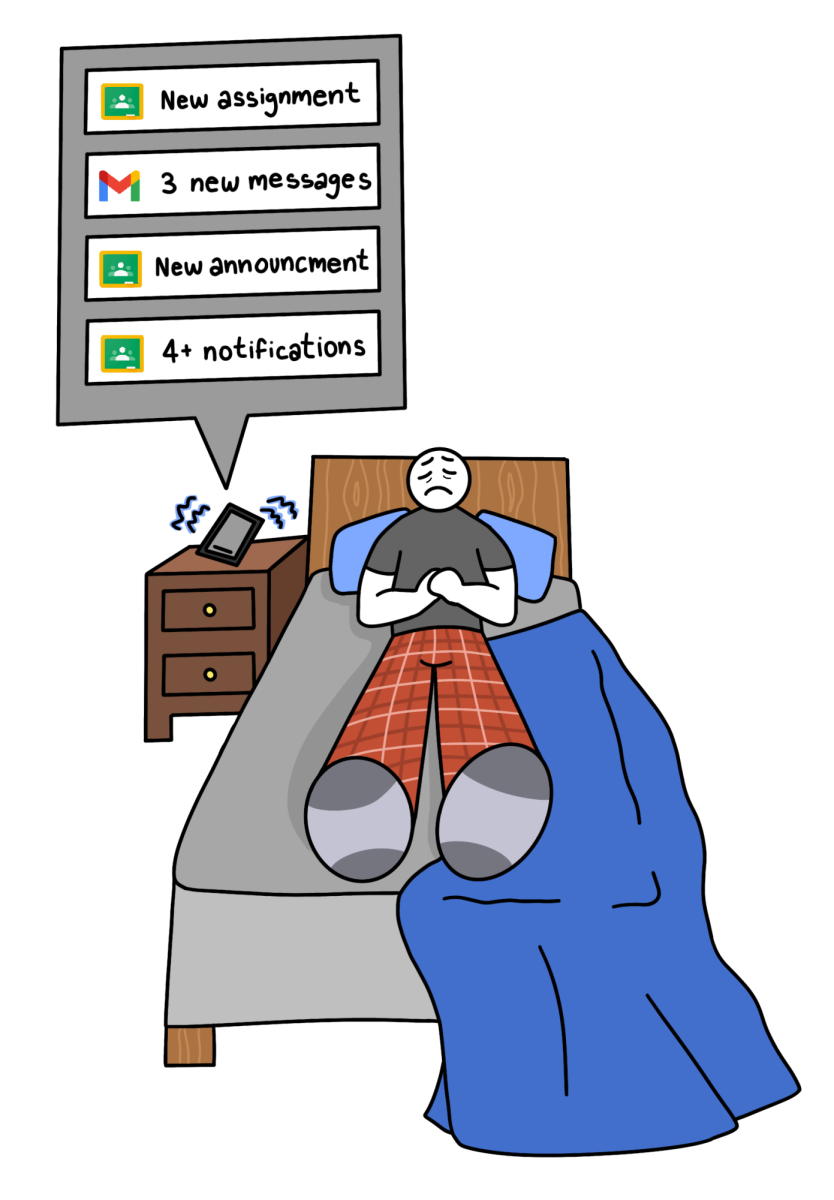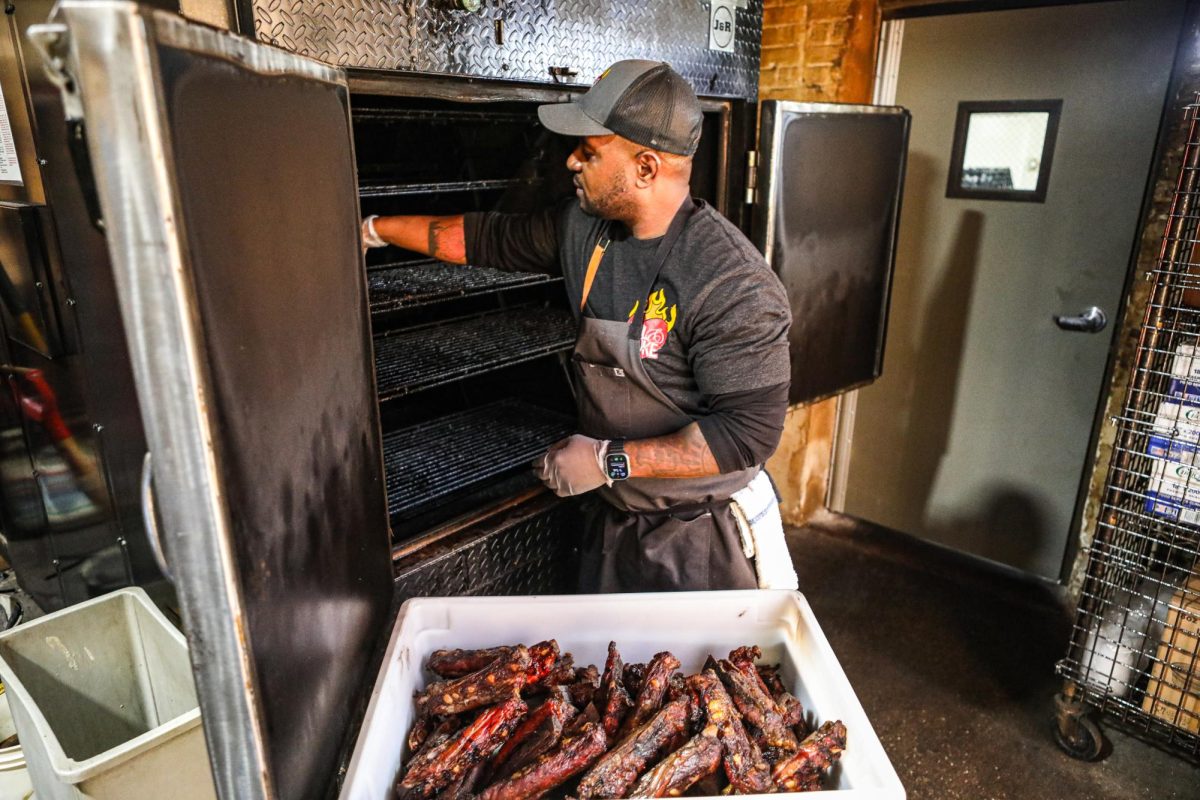High school is full of ups and downs. The moment you get into a flow, the universe throws you three tests in one week, which happens to be the same week that you’ve got playoffs or a show going up or a giant essay deadline. All of the sudden you’re drowning in work. How do you navigate a busy week? How do you pull time out of thin air? How do you balance school and sleep and homework while still having time to be not doing something.
In a teenager’s day, there are lots of things that you have to do, things that are locked into your day, unmoving. School and extracurricular responsibilities are automatically locked, removing a nine-hour chunk from your day right off the bat. Additionally, the CDC suggests 10 hours of sleep every 24 hours for teenagers. With school and clubs and sleep, a student is already down to 10 waking hours to get stuff done. The solution? Less sleep. According to a survey for The Evanstonian, your average ETHS student only gets seven hours. With the lowest recorded time at a measly four hours. On a highly-scheduled day, sleep is the first thing teenagers think to sacrifice in order to get the rest of their day done.
Now, maybe homework isn’t the only thing we can blame for late sleep schedules. Sure, teenagers also spend a lot of time on their phones. In the survey, 75.6% of ETHS students said that they spend time scrolling social media after school. And students, on average, spend 1.5 hours on their phone every school day. After nine hours of non-stop activity, it’s reasonable to think that a kid would want to go to their room and doom-scroll. Their brain has been on and working hard for a whole day. Surprisingly social media was not the blowout result I expected from this survey. Sure, it’s certainly up there, but it’s closely followed by spending time with family (59%), hanging out with friends (71.8%), and then surpassed by listening to music (76.9%), a proven stress-reliever. The conclusion here is obvious: kids work hard during the day and want to shut their brains off at night.
When it comes to workload, often teenagers have it worse than a working adult. Work-life balance is a priority at a professional job, yet, for students this concept doesn’t exist. When we leave work, work follows us home. For a developing teenage brain, work-life balance is even more important than for an adult. It allows us to explore, have fun and learn; not about dividing polynomials, but about ourselves. By making school a 24-hour ordeal with no strict divide, we rob kids of sleep, but, more importantly, what we can experience while we’re awake.
Less homework means more sleep, which means more energy the next day in school, which means retaining all the information of the day, meaning less homework is necessary.
Where can you shave off time to still get everything done?







